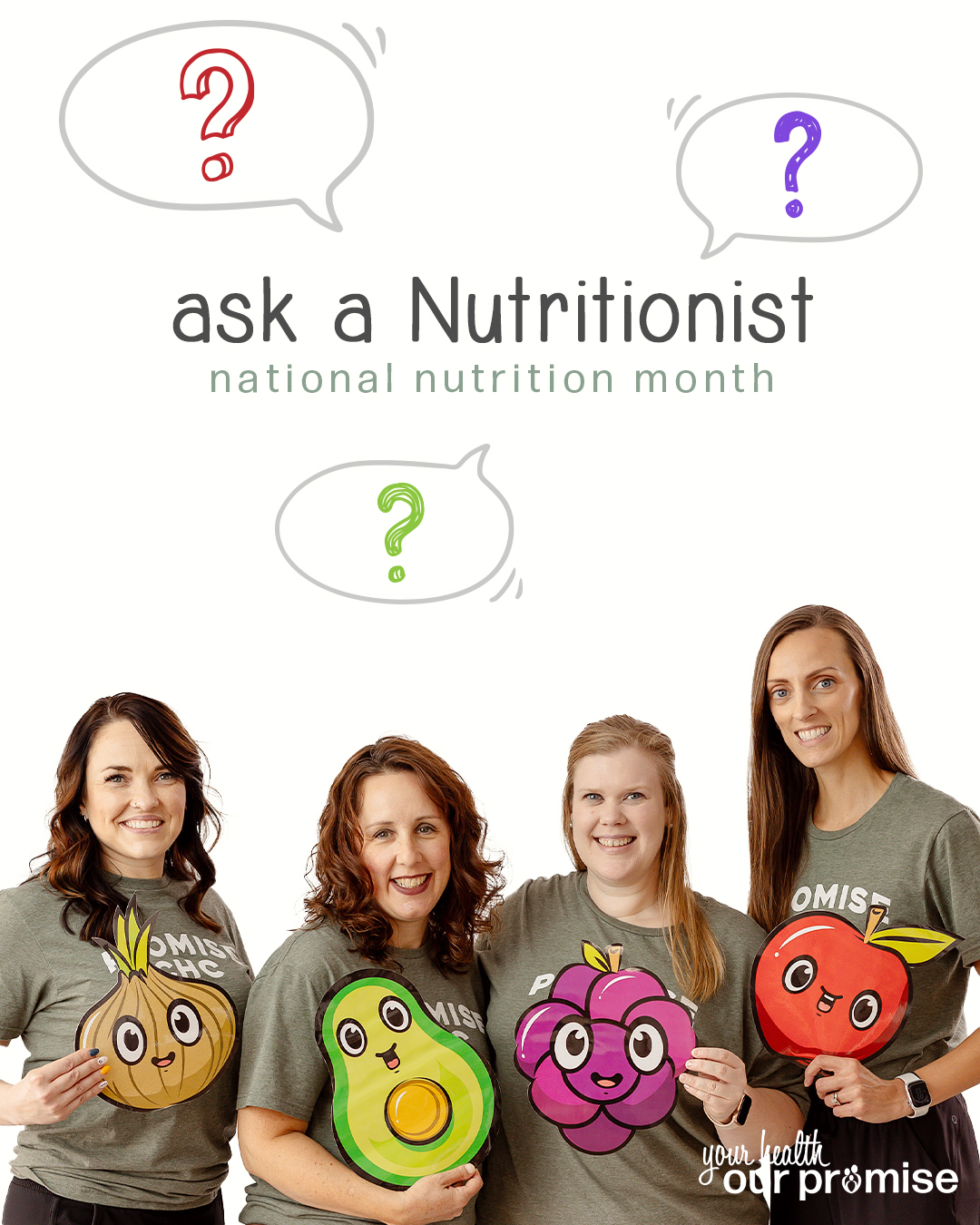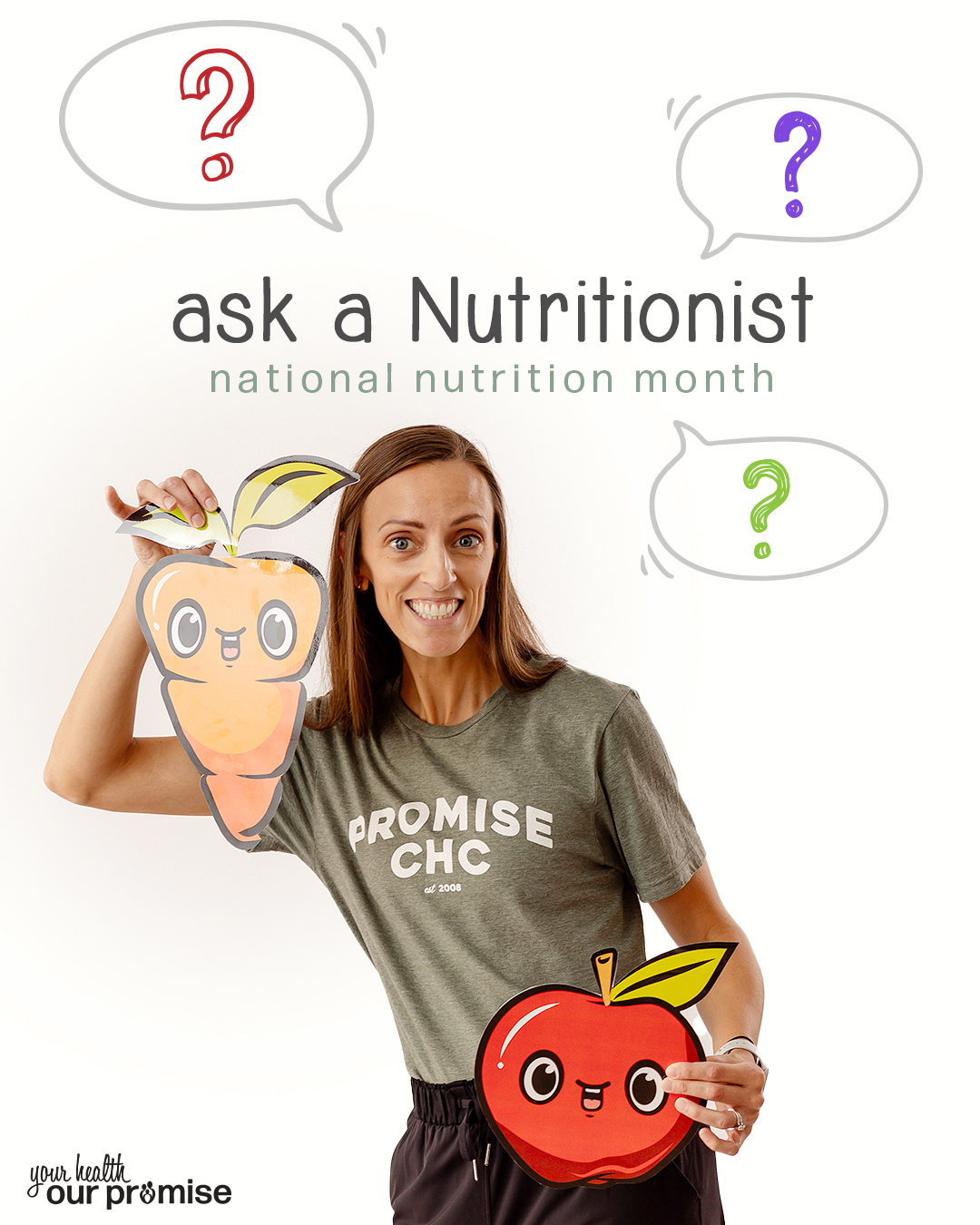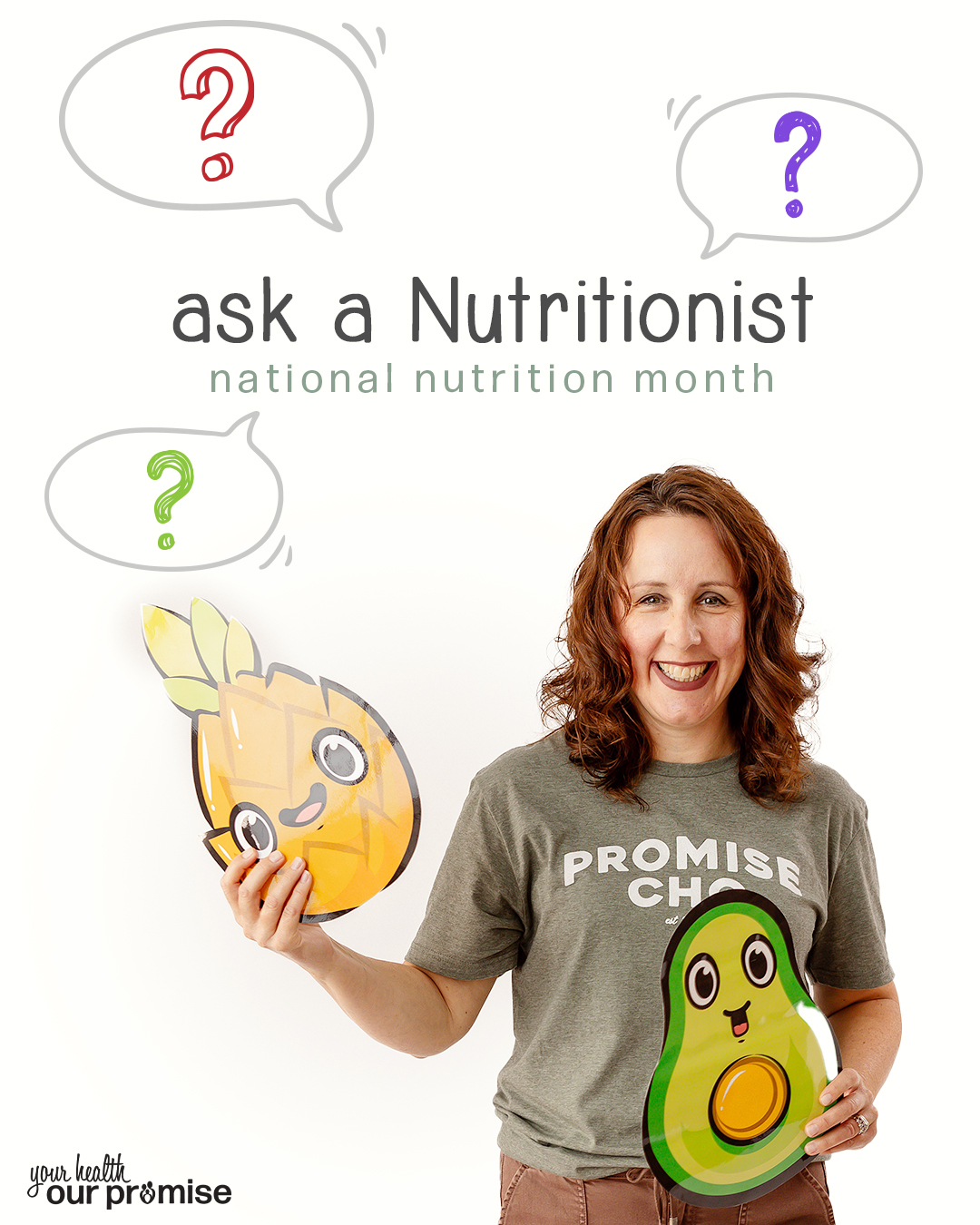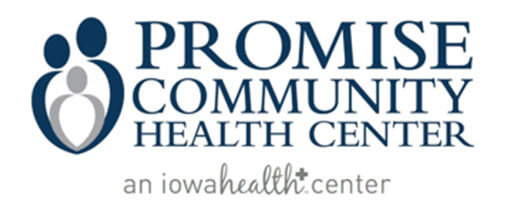
March is National Nutrition Month! There’s a LOT of confusing advice about food out there… let’s make it simple!
Here are some of the top 5 questions our Health Coaches from our Population Health Team get about nutrition!
1. What’s the best diet for overall health?
Good news and bad news: There isn’t one perfect way to eat that works for everyone. Your body’s needs depend on things like your age, activity level, and health. A healthy diet includes a mix of fruits, vegetables, whole grains, and proteins.
But let’s be real—life without your favorite treats, like French fries or pan dulce, wouldn’t be much fun. The key is balance. Eating mostly healthy foods while enjoying treats in moderation is a great way to feel good and have energy for the things you love.

2. How much protein do I need daily
Protein helps your body grow and stay strong. Most adults need about 60-80 grams per day, but a simple way to think about it is aiming for about 20-30 grams per meal. If you’re super active or building muscle, you might need a little more. Good protein sources include meat, eggs, beans, and nuts.
3. Are carbs bad for you?
Carbs get a bad reputation, but they actually give your body energy. The best ones to choose most of the time are whole grains, fruits, and veggies. These help your body feel full and give you vitamins and fiber. Eating too many highly processed carbs, like chips and sugary snacks, can make you feel tired instead of energized, so it’s all about balance.
4. What are the best foods for weight loss?
If you want to manage your weight, focus on foods that keep you full longer. Foods with fiber—like veggies, beans, and whole grains—help a lot. Lean proteins like chicken, fish, nuts, and seeds also help keep you from feeling hungry all the time. Eating meals with a mix of these foods can make a big difference.
5. What supplements should I take?
Supplements are meant to help, not replace, real food. Some people use protein shakes if they have trouble getting enough protein from food. Greens powders can help if you don’t eat many fruits or veggies, but they don’t replace them. Vitamin D is helpful if you don’t get a lot of sunlight, and probiotics can support digestion if you don’t eat foods like yogurt or kimchi. If you’re not sure, talk to your provider before taking any supplements.
Healthy eating doesn’t have to be complicated! Focus on eating mostly real, whole foods while still enjoying your favorite treats in moderation. Small changes can make a big difference. If you have questions, the Promise team is here to help. Happy National Nutrition Month!”
Schedule an appointment with our Nurse Health Coach today, by calling 712-722-1700!


